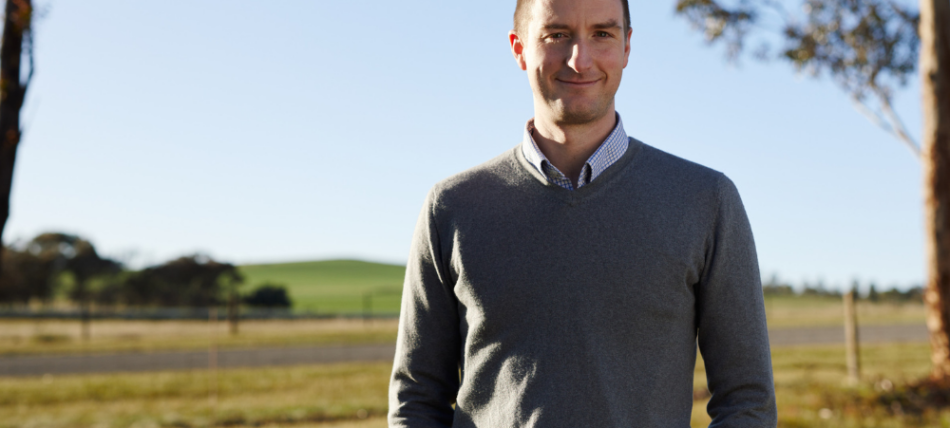Meet Dr James Walker

The variety of work and collegiality while dealing with emergencies and the challenges of remote medicine are what encouraged Dr James Walker to train as a rural GP.
“It was the scope of practice and the people that drew me in. There is nothing like being a rural generalist,” he said.
Currently practising in Jamestown, 200 kilometres north of Adelaide, James pursued a Fellowship in Advanced Rural General Practice (FARGP) to widen his medical practice, broaden his knowledge and improve the quality of care that he provides to his community.
“Understanding the needs of the community and evolving your practice to meet those needs is an integral part of serving as a rural GP,” he said.
“Emergency medicine is an essential part of being a rural generalist and a skill frequently called upon in my community.
“From car crashes to critically unwell patients presenting in our emergency departments, it is an area of the rural generalist program for me that stands out as challenging and rewarding.”
James said that collaborating with colleagues to deliver a full range of health services is both motivating and gratifying.
“My goal is to provide high-quality general practice to my community, but no doctor can do this on their own, so it relies on a team of us, all focusing on our areas of skill and interest,” he said.
“As a group, we endeavour to provide comprehensive care across the spectrum of ages and illnesses through a true team effort.”
James undertook his specialist skills in adult internal medicine, which complements his general practice training.
“The specialist training reinforces what I have learnt as a rural GP registrar and also allows me to be more comfortable managing conditions that, in the past, I may have referred to specialist colleagues earlier,” he said.
A typical working week is busy and varied, consulting across three towns within 50 kilometres of each other.
“Most days, I consult with patients at two practices and visit patients at the hospital for inpatient and outpatient appointments.
“Every day, I get to see something new, learn from clever colleagues, challenge myself and feel like I am making a worthwhile difference.”
“The rest of my working week varies, but often consists of procedural sessions, 24-hour on-call shifts and supervising registrars, interns and medical students.”
Despite a busy schedule, James recognises the importance of supporting regional communities as a rural GP.
“Rural Generalism is challenging and, at times, you can be pushed to your limit, but you will be rewarded with a job that has unmatched variety and interest,” he said.
“GPs play an important role in keeping towns healthy and thriving, and I believe I have the most interesting and stimulating job in the world.
Dr James Walker , Rural Generalist, Fellow of the Royal Australian College of General Practitioners (FRACGP + FARGP) and GPEx Medical Educator.